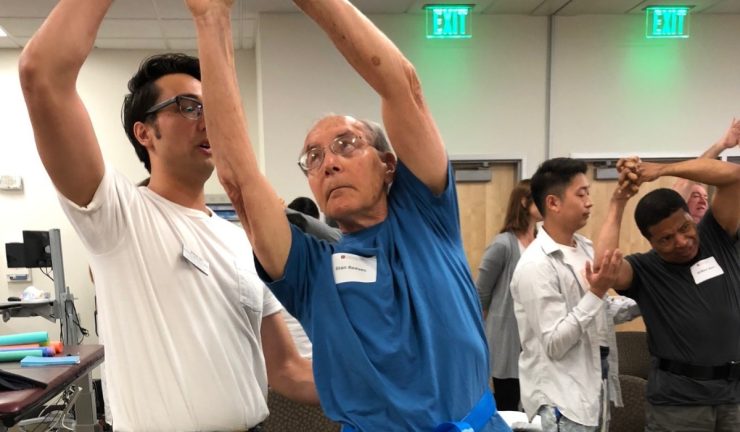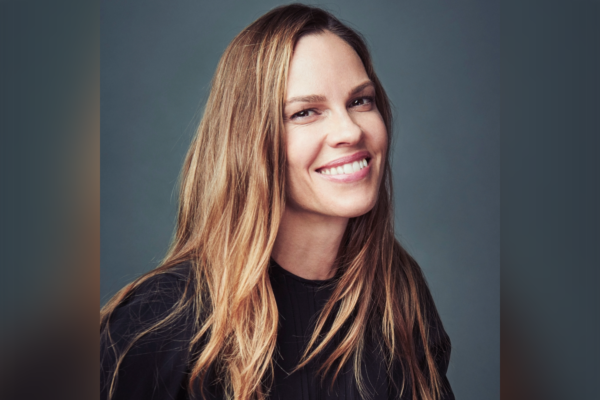A new smartphone application could help stroke survivors reduce their risk of falling and improve their rehabilitation. The innovative app, MyWalkSentinel, was designed by a team of researchers led by Chapman University Professor Dr. Rahul Soangra. It relies on sensors already built into smartphones that provide information about the phone’s orientation and movement.
Stroke survivors start the app and place their phone in their pocket to collect data on their everyday movements, including walking, turning, sitting and standing. The data is then processed by machine learning algorithms to identify patterns or anomalies that indicate the potential for falls. Survivors can also share the data with healthcare providers to create personalized rehabilitation plans aimed at addressing areas of concern.
Fall assessments have typically been conducted in clinical settings, but they aren’t able to capture the nuances of everyday movements. With MySentinel, patients have access to monitoring and evaluation in the comfort of their home. The app gives stroke survivors tools for greater independence and can help ease the burden on caregivers and reduce healthcare costs.
Participants enrolled in Chapman’s upcoming Stroke Boot Camp will be encouraged to use the app.




